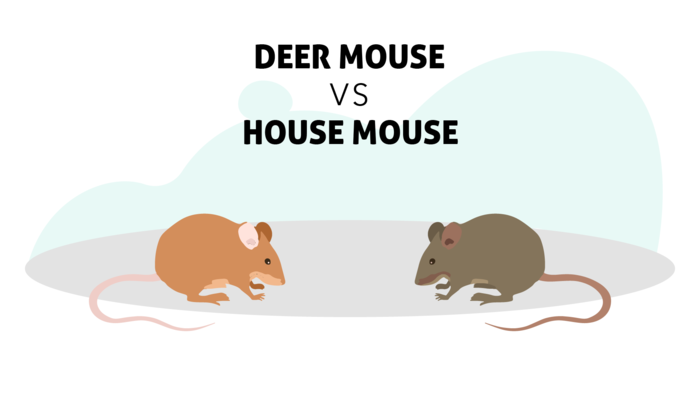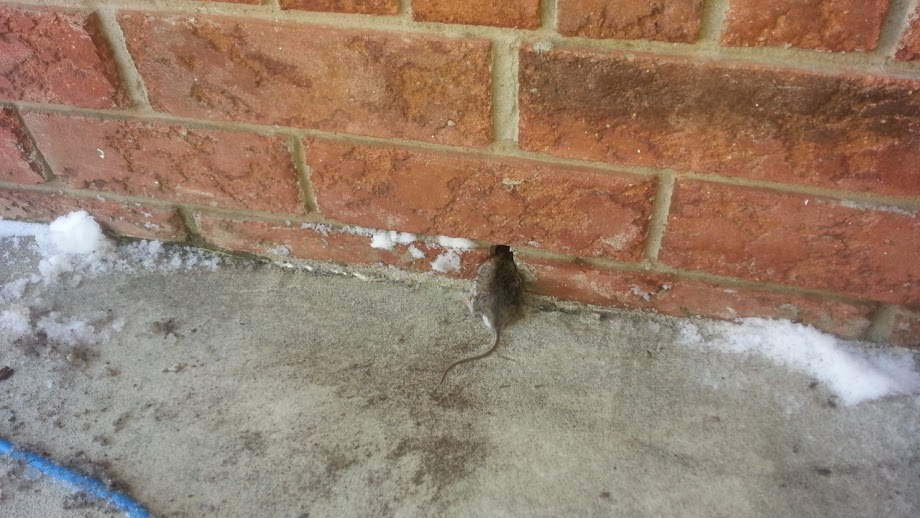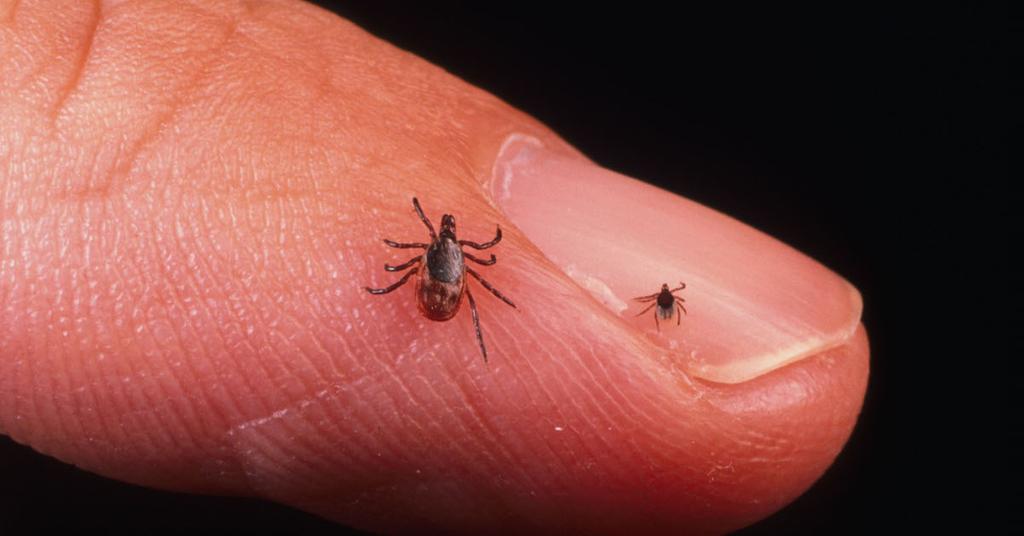Table Of Content

They may also eat insects, snails, and small animals if they are available. Field mice are less likely to invade human homes because they can find enough food in their natural habitat. A reputable pest control service will treat a deer mouse infestation slightly differently than it would a house mouse infestation. When they infest your home, both rodents can bring serious damage and carry a variety of illnesses that can be health hazards for you and other humans.
A Look at the Similarities and Differences Between Field Mice and House Mice
First, the hantavirus is found in field mouse droppings, including fresh and dried one. Because the virus can survive for an extended period of time in dried field mouse droppings, humans are, particularly at risk. Both types of mice are “at home” living in the out of doors and inside a home or business. Both of these types of mice can be found in forests, meadows, fields, and similar expenses. With that said, house mice are also comfortable in living in outdoor settings that are found in crowded urban or suburban areas.
Health Risks of the Field Mouse or Deer Mouse
Establishing which kind are you trying to get rid of, will give you leverage in the fight. But in order to get that upper hand, you need to be able to tell apart both types of mice. The treatment of every infestation begins by establishing what kind of pest are you dealing with. From this point on you can figure out why it entered your property, from where it may have entered and so on. The answers to all those questions will lead an experienced professional to the actions he has to take to correctly treat the infestation and prevent it from happening again. Remember, it’s best to avoid using rodenticides, for a deer mouse will likely hoard the poison.
Size and weight
The impact of the striped field mouse's range expansion on communities of native small mammals Scientific Reports - Nature.com
The impact of the striped field mouse's range expansion on communities of native small mammals Scientific Reports.
Posted: Sat, 14 Jan 2023 08:00:00 GMT [source]
Field mice and house mice have distinct preferences when it comes to their environments. Field mice are commonly found in outdoor areas such as fields, meadows, and gardens. They thrive in grassy areas with plenty of vegetation for cover and food sources such as seeds, nuts, and insects.
Mice are a pest found in homes around the world, and most people are aware of them. That said, many people know next to nothing about individual breeds or the unique risks presented by each one. We have experts who are highly trained in eliminating different kinds of pests, and we’re eager to help you with your exterminating needs. Our team also creates better solutions because of our proactive communication with our clients. To know more about Positive Pest Management and the services that we offer, you may give us a call today. Our newsletter contains tips and advice on how to rid yourself of weeds, insects and rodents.


It is important to address any mouse infestations promptly to minimize the potential damage they can cause. Field mice and house mice may look similar at first glance, but they have distinct behavioral differences. Field mice are more active and agile, often seen running and climbing.
The deer mouse ranges throughout North America, although it’s more common in the East than the West. Deer mice are primarily nocturnal omnivores (i.e. they’ll eat meat and plants). Unlike the house mouse, deer mouse droppings can spread hantavirus, which causes a potentially fatal lung condition in humans. Deer mice are carriers of the virus that causes Hantavirus Pulmonary Syndrome, a respiratory illness that can be fatal in humans. Clear identification of a field mouse versus a house mouse is critical to understanding the health risks and undertaking proper prevention and control.
Introduction The ubiquity of house mice The ubiquity of house mice in popular culture is undeniable. From classic cartoons like Tom and Jerry to children’s books like Stuart Little, mice have been a staple in entertainment for decades. They are often portrayed as cute and mischievous, but also as pests that need to be eradicated…. With field mice, arguably the biggest danger of all is a virus called hantavirus. Field mice droppings are small, dark brown in color, and with pointy ends.
Natural Ways to Repel Field Mice: DIY Solutions
How to Get Rid of Mice, According to Experts - Good Housekeeping
How to Get Rid of Mice, According to Experts.
Posted: Fri, 29 Sep 2023 07:00:00 GMT [source]
So, you’ve just seen a little fury friend run across your floor or yard, and you’re pretty convinced it was a mouse. Technician was on time, called before arriving- answered all my question and was kind and treated our place with care. I’ll definitely use the service for other properties and will recommend.
An adult field mouse will live a maximum of one year, the winter being a very difficult period to get through. This small rodent is usually active at night and is very common in rural areas. Both field mice and house mice can cause problems and pose risks to homeowners. They have quite short tails, which are hairless, and their fur is typically brown or gray in hue, with white or lightly-colored bellies, legs, and feet.
The nest could resemble a cup in form and is usually constructed of various kinds of materials like grass and paper. The goal is to provide a safe and warm space for the next generation of mice. Nocturnal birds, foxes, coyotes, snakes and others, all feed on tiny brown field mice. They won’t just fall into a trap, they will observe that trap for a couple of days before deciding to near it.
House mice are small, grayish-brown rodents that are commonly found in human dwellings, such as homes, offices, and warehouses. They are known for their ability to reproduce quickly and can cause damage to property and spread diseases. On the other hand, field mice are larger than house mice and have a brownish-red coat. Field mice are important for the ecosystem as they play a crucial role in seed dispersal and soil aeration. While both species of mice may look similar, they have distinct differences in their behavior, habitat, and diet. Differentiating between field mice and house mice can be challenging, but there are several methods that can help.
Field mice or deer mice are known to carry hantavirus, which is a respiratory disease that can be fatal. A person can get hantavirus when they inhale the virus from infected mouse urine or droppings. Field mice and house mice exhibit different patterns of parental care. Field mice are known for their extensive parental care, with both the male and female mice taking an active role in raising their offspring. House mice, on the other hand, have a more limited form of parental care.
Add another 7 to 9 cm for their tails and now you have a total size of roughly 19 cm. Having mice scurrying around your home can be alarming, and it’s important to address the situation as quickly as possible. However, not all mice are created equal, and distinguishing between house mice and field mice is crucial for proper removal.
Regularly dispose of rubbish and avoid leaving food scraps lying around. Outside, keep your garden tidy and remove any potential nesting sites, such as piles of wood or debris. If you have a compost heap, make sure it’s well away from your home and covered with a lid.

No comments:
Post a Comment